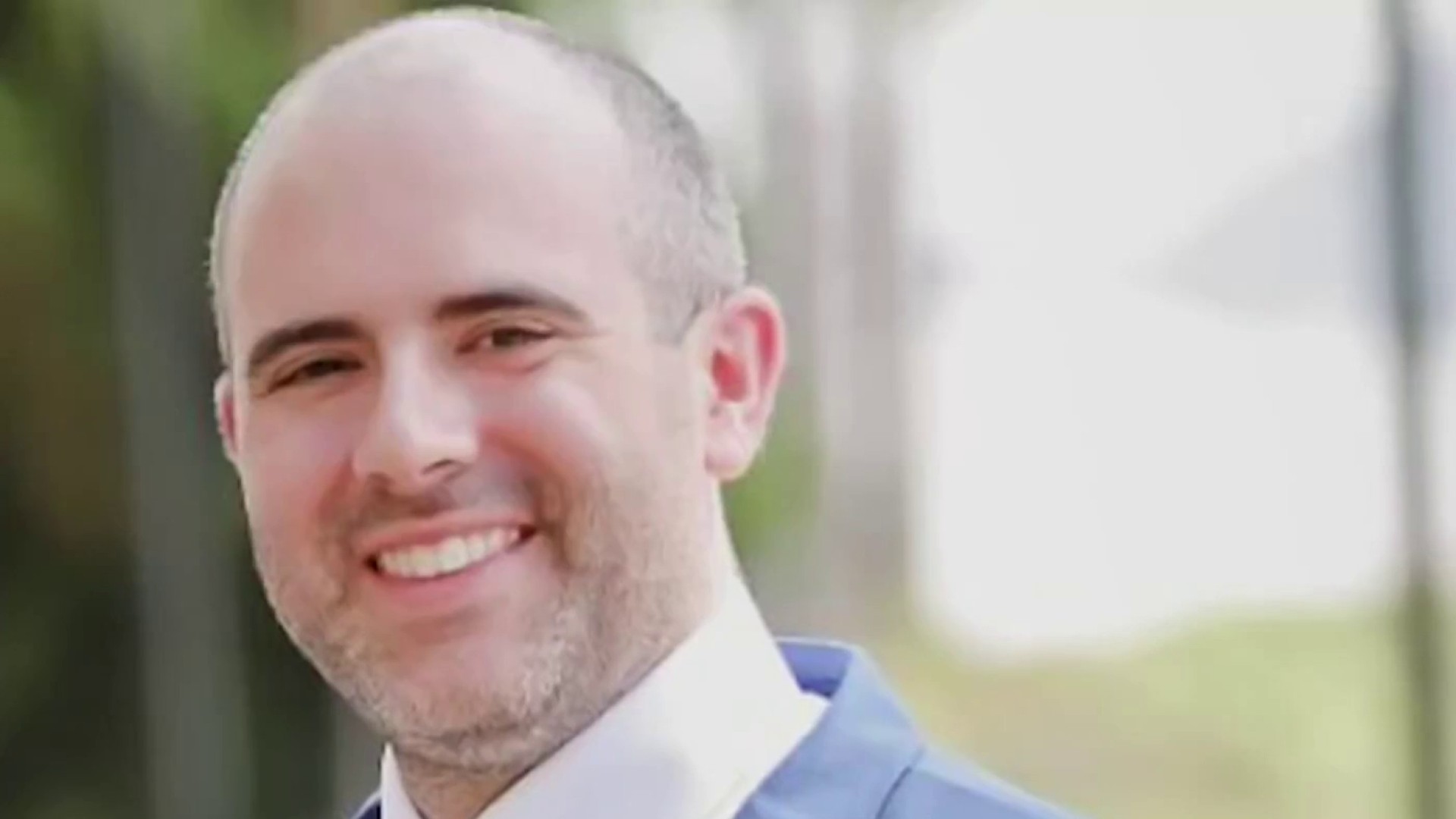President Donald Trump's decision to end Deferred Action for Childhood Arrivals (DACA) could also impact a local family that's already had its share of heartache, News4 learned.
U.S. Immigration and Customs Enforcement deported brothers Lizandro and Diego Claros -- soccer standouts from Montgomery County -- last month, separating them from their parents and older siblings just as the youngest brother was about to start college.
Since ICE deported her brothers, Fatima Claros has spent the past month trying to find a way to help them.
Now she's also fighting for her own future.
[[442947703, C]]
As a DACA recipient, she's in danger of having to join her brothers in a place she barely remembers.
"I've been seeing a lot of racist comments and now I'm scared," said Fatima Claros when asked about the current political climate in the U.S.
Local
Washington, D.C., Maryland and Virginia local news, events and information
When Fatima came to the United States in 2005, she was just 13 years old. Her parents had already made the journey from El Salvador, trying to build a better life for their family.
"This is home," said Fatima. "I've been here for 12 years, and if you ask me if I remember my country, I don't."
Now 25, Fatima said the DACA program has helped her get a good job working in child care, with insurance and benefits.
Six months ago she gave birth to her own little boy, Emmanuel. She hopes he will grow up here with the same opportunities she has had.
"I don't want to go back to my country because here I'm free. I can do anything without fear that I'm going to be killed," said Fatima.
Fatima is the only one of the four Claros children who qualified for DACA. Her older brother was already 16 when he arrived, and the two youngest got here after the 2007 cutoff.
ICE deported Diego and Lizandro Aug. 2 despite support from their teammates, coaches and families in Montgomery County's soccer community. Lizandro had just earned a soccer scholarship to go to college in North Carolina.
"This is really the worst case scenario right now for immigrants in this country," said attorney Jim Tom Haynes, who has spent four decades working to help immigrants like the Claros family.
Sending 800,000 DACA recipients into an already backlogged immigration court system could cause it to collapse, Haynes said. There are already more than 600,000 immigrants waiting to resolve cases in that system.
"I think it's a tragedy. The fact that somebody came at an early age and spent their formative years in the U.S. is a factor," said Haynes. "Traditionally it has been (a factor), but the way present day law has been administered, it doesn't count for much."
The president gave Congress a six-month window to create legislation to continue the deferred action for those in that program. Fatima said she can't even imagine the consequences if Congress doesn't act.
She said young adults who spent much of their lives here deserve to have their American dreams continue.
"They have to change the laws and let good people to stay in the United States and bad people go back to their country," she said.



